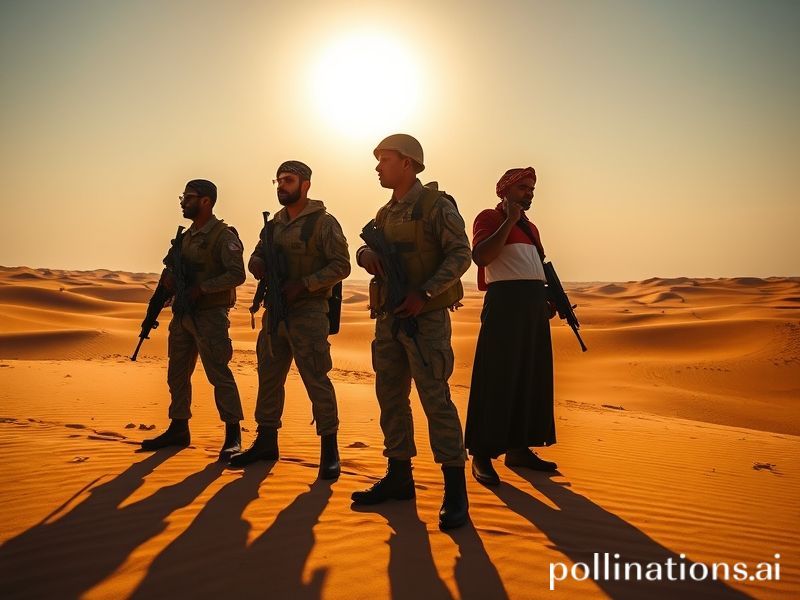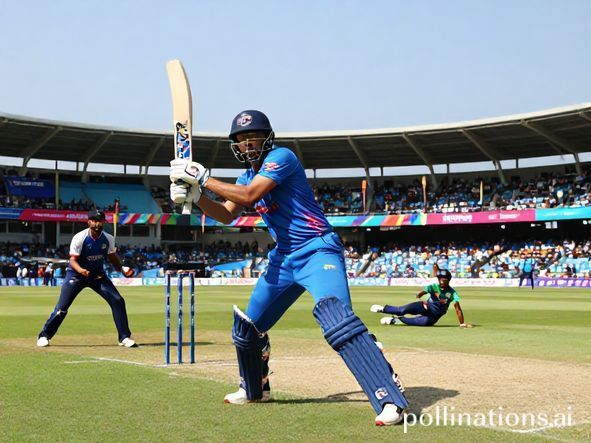Djibouti vs Egypt: The Internet’s Latest Battle for Geographical Supremacy
**Djibouti vs Egypt: The Battle for the Internet’s Attention**
Alright, folks, buckle up! We’re diving into the latest global showdown that’s got the internet buzzing—Djibouti vs Egypt. No, it’s not a new Netflix reality show or a secret underground fight club. It’s a tale of geography, history, and a whole lot of internet sleuthing. Let’s break it down.
**The Spark That Lit the Fire**
It all started when a map went viral. Not just any map, but a map that showed Djibouti, a tiny country in the Horn of Africa, as larger than Egypt. Now, we all know that maps can be tricky—remember the whole “Mercator Projection” debacle? But this was different. This was a deliberate distortion, and the internet was not having it.
**The Cultural Context**
First, let’s set the scene. Djibouti is a small but mighty country, known for its strategic location and stunning landscapes. Egypt, on the other hand, is a global heavyweight with a rich history that dates back to the Pharaohs. When a map showed Djibouti as larger than Egypt, it was like seeing a chihuahua next to a Great Dane and being told they’re the same size. The internet’s spidey senses tingled, and the debate was on.
**The Social Impact**
The “Djibouti vs Egypt” trend quickly became a cultural phenomenon. Memes flooded social media, with users joking about the “Djibouti delusion” and “Egypt’s existential crisis.” But beneath the humor, there was a serious discussion about the importance of accurate representation, especially in a world where maps can influence perceptions and policies.
**Why This Matters**
You might be thinking, “It’s just a map, why the fuss?” Well, maps are more than just lines on paper. They shape our understanding of the world and can even influence political and economic decisions. When a map distorts reality, it can lead to misinformation and bias. The “Djibouti vs Egypt” debate is a reminder of the power of accurate representation and the importance of questioning what we see.
**The Internet’s Role**
The internet has given a voice to the voiceless, and in this case, it’s given a voice to the geographically misrepresented. Social media platforms like Twitter and Reddit became battlegrounds for map enthusiasts, geographers, and casual observers alike. The trend also highlighted the internet’s role in shaping global discourse and bringing attention to issues that might otherwise go unnoticed.
**The Significance**
The “Djibouti vs Egypt” trend is significant for several reasons. It’s a testament to the internet’s power to mobilize and engage people around the world. It’s a reminder of the importance of accurate representation and the role of maps in shaping our understanding of the world. And, of course, it’s a hilarious example of the internet’s unique brand of humor and wit.
**Conclusion**
So, there you have it—the story behind the “Djibouti vs Egypt” trend. It’s a tale of maps, memes, and the internet’s unyielding quest for accuracy and justice. Whether you’re a geography buff, a meme enthusiast, or just someone who loves a good debate, this trend has something for everyone. And remember, next time you see a map, take a closer look. You never know what you might discover.







